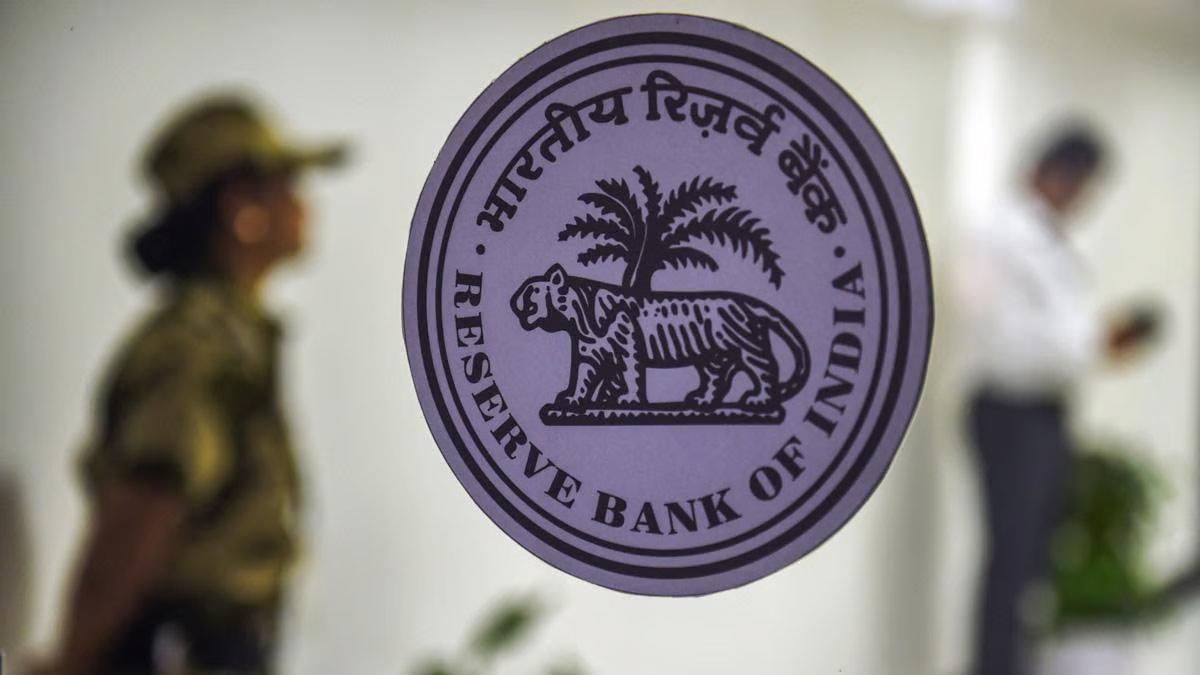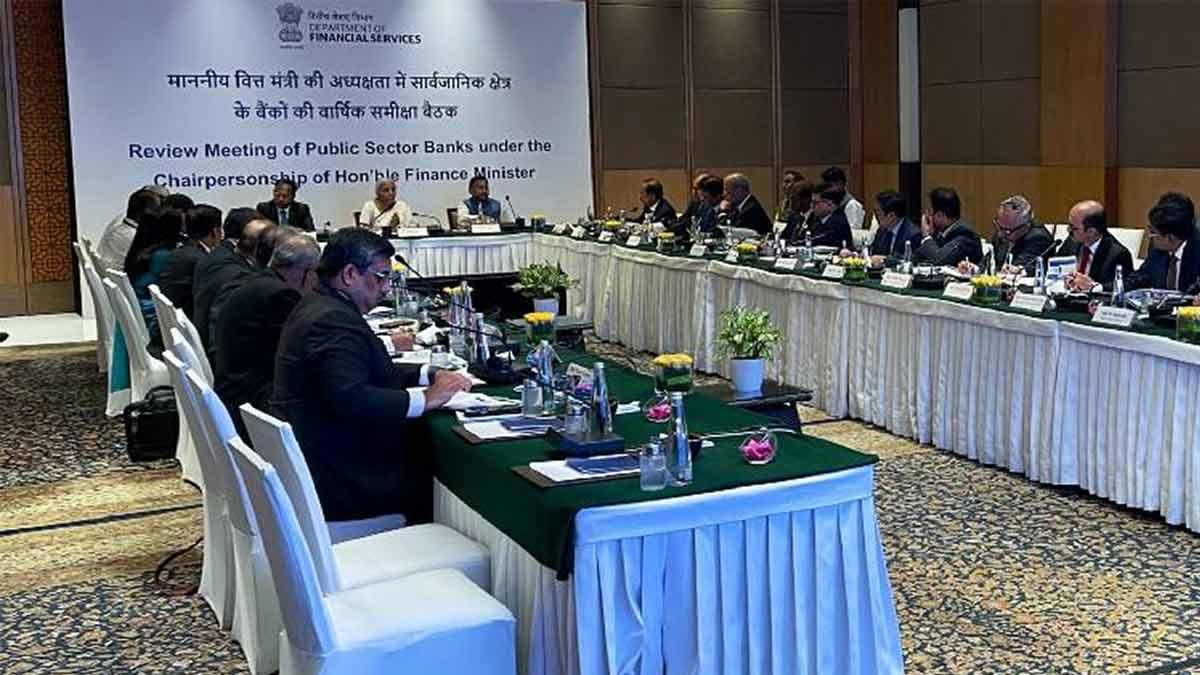India will increase its scrutiny of Chinese company investment proposals, potentially leading to lengthy delays for a number of high-profile projects, a report by NDTV Profit says.
The action comes after Beijing's overt support of Pakistan following the recent terror attack in Pahalgam and India's follow-up military action, labeled Operation Sindoor. China, and allies such as Turkey and Bangladesh, have provided diplomatic support to Islamabad, while still continuing to provide military equipment that has reportedly been used in aggressive actions against India.
In response, Indian authorities are expected to apply tougher evaluations to Foreign Direct Investment (FDI) proposals and joint ventures involving Chinese firms. This heightened scrutiny may affect not only new ventures but also pending proposals and ongoing negotiations, the report noted, citing sources familiar with the matter.
Among the industries that are expected to be affected is electronics production, especially under the Production-Linked Incentive (PLI) scheme of the government. Some Indian firms already negotiating with Chinese counterparts in this industry may now be delayed.
Among the most prominent cases pending review are Chinese white goods giant Haier's planned joint venture with Indian conglomerate JSW Group, estimated at ₹1,000 crore. The proposal is being considered by the government.
The increasing discomfort is also attributed to China's role at the United Nations. In the UN Security Council's 1267 Committee on counter-terrorism, Beijing refused to include mentions of *The Resistance Force* — an Lashkar-e-Taiba-affiliated group that first owned up to the Pahalgam attack on April 22. Chinese Foreign Minister Wang Yi also demanded an "investigation" into the attack, a step that is part of Pakistan's attempts to minorize its role in cross-border terrorism.
India has been keeping Chinese investments on guard since April 2020, when the government introduced new regulations mandating government approval for FDI coming from countries having a land border with India. This came in the wake of escalating geopolitical tensions following the Galwan Valley incident.
In addition, Chinese technology giants Huawei and ZTE were barred from India's rollout of 5G infrastructure due to national security reasons. India's government also instructed telecom companies to employ only "trusted source" equipment for future network development.
As tensions between geopolitics intensify, India's regulatory policy indicates a more defensive stance towards economic dealings with China, especially in vulnerable sectors.
Read also| Turkey Faces Tourism Fallout as Indian Travelers Cancel Over Pakistan Ties
Read also| Retail Boom: India Set to Add 16.6 Million Sq Ft of New Mall Space by 2025-26


















